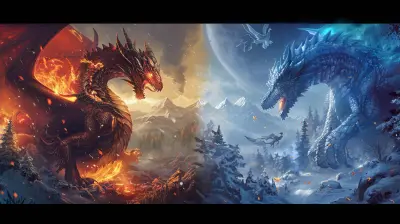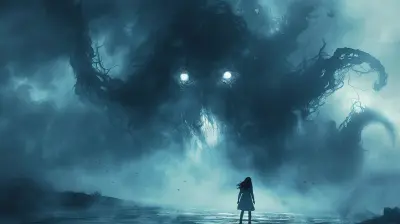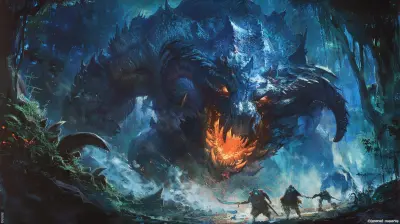Inside the Culture of Classic Gaming Message Boards
25 September 2025
If you grew up gaming in the '90s or early 2000s, chances are you weren’t just playing video games—you were also talking about them endlessly online. But not on social media or YouTube comments. Nope. You were probably hanging out in message boards.
You remember them, right? Those digital playgrounds where fans of NES, SNES, Sega Genesis, and early PlayStation titles would chat, debate, and meme their hearts out? These forums weren’t just places to ask for tips or cheat codes—they were communities, tight-knit ones with their own languages, hierarchies, and traditions.
Let’s take a deep dive into what made classic gaming message boards so special and, honestly, so unforgettable.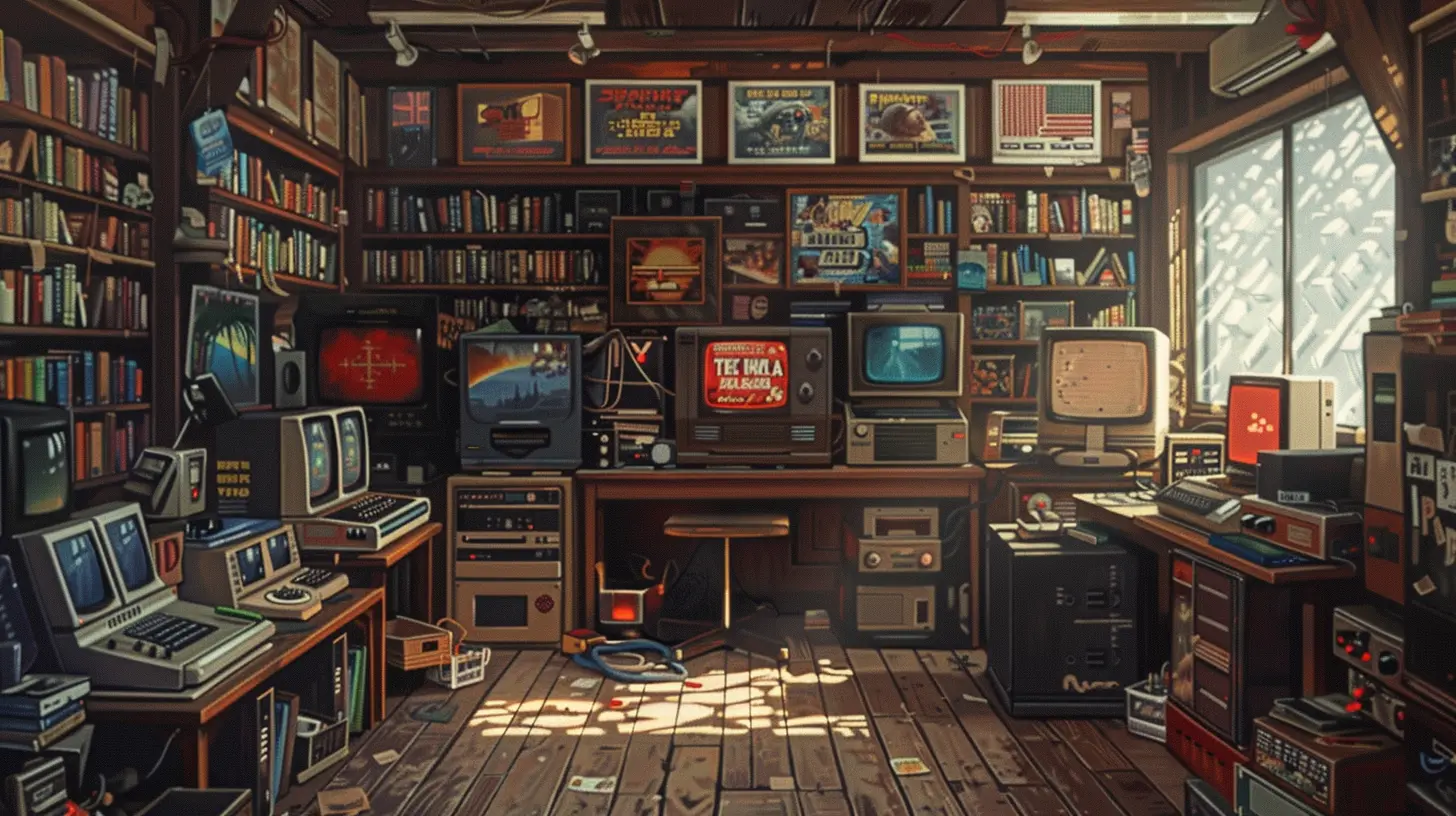
What Even Is a "Classic Gaming" Message Board?
Before Reddit, Discord, and Facebook groups, message boards were the mecca for gamer interaction. Think of them as digital town halls. They were simple websites divided into topics (called threads), and within those threads, users posted messages (usually in chronological order).Classic gaming message boards? They were the spots where retro game lovers hung out. Whether it was talking about the best way to beat Castlevania III, comparing pixel art, or sharing emulator files (shh, don’t tell), these were the places where discussions never ended.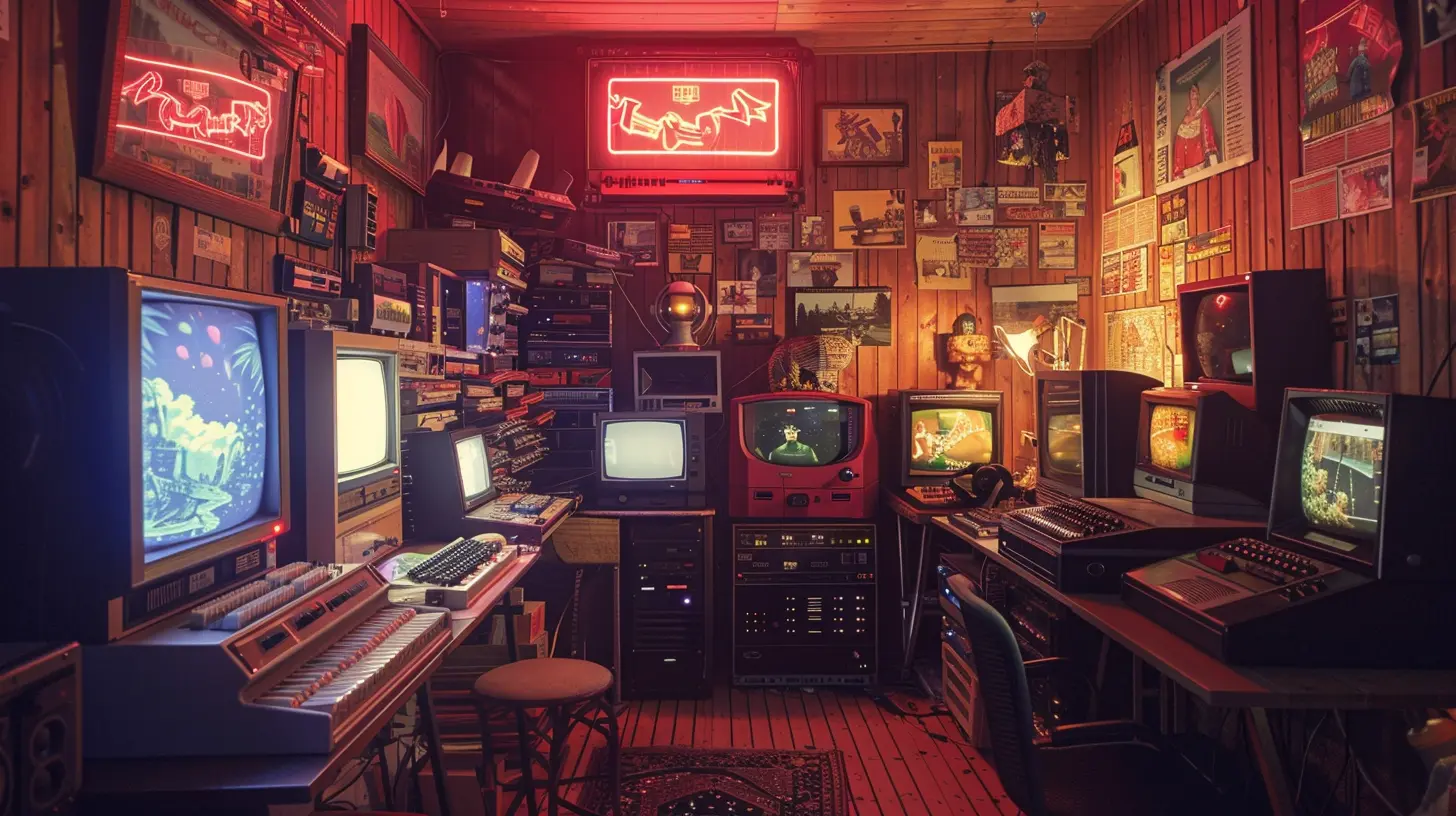
The Golden Age of Gaming Forums
Let’s talk timeline. The golden era of classic gaming message boards was roughly between 1998 and 2010. This was the in-between period—after the rise of the internet but before social media took over everything.Sites like:
- NeoGAF (pre-ResetEra)
- GameFAQs forums
- AtariAge
- Digital Press
- NintendoAge
- The Escapist (early years)
...were thriving hubs of activity. If you were there, you know the feeling. Logging on after school or work and finding your favorite thread updated. Someone responded to you, maybe with a quote and a fiery retort.
It was thrilling. Way more raw and real than the polished back-and-forth we see today on modern platforms.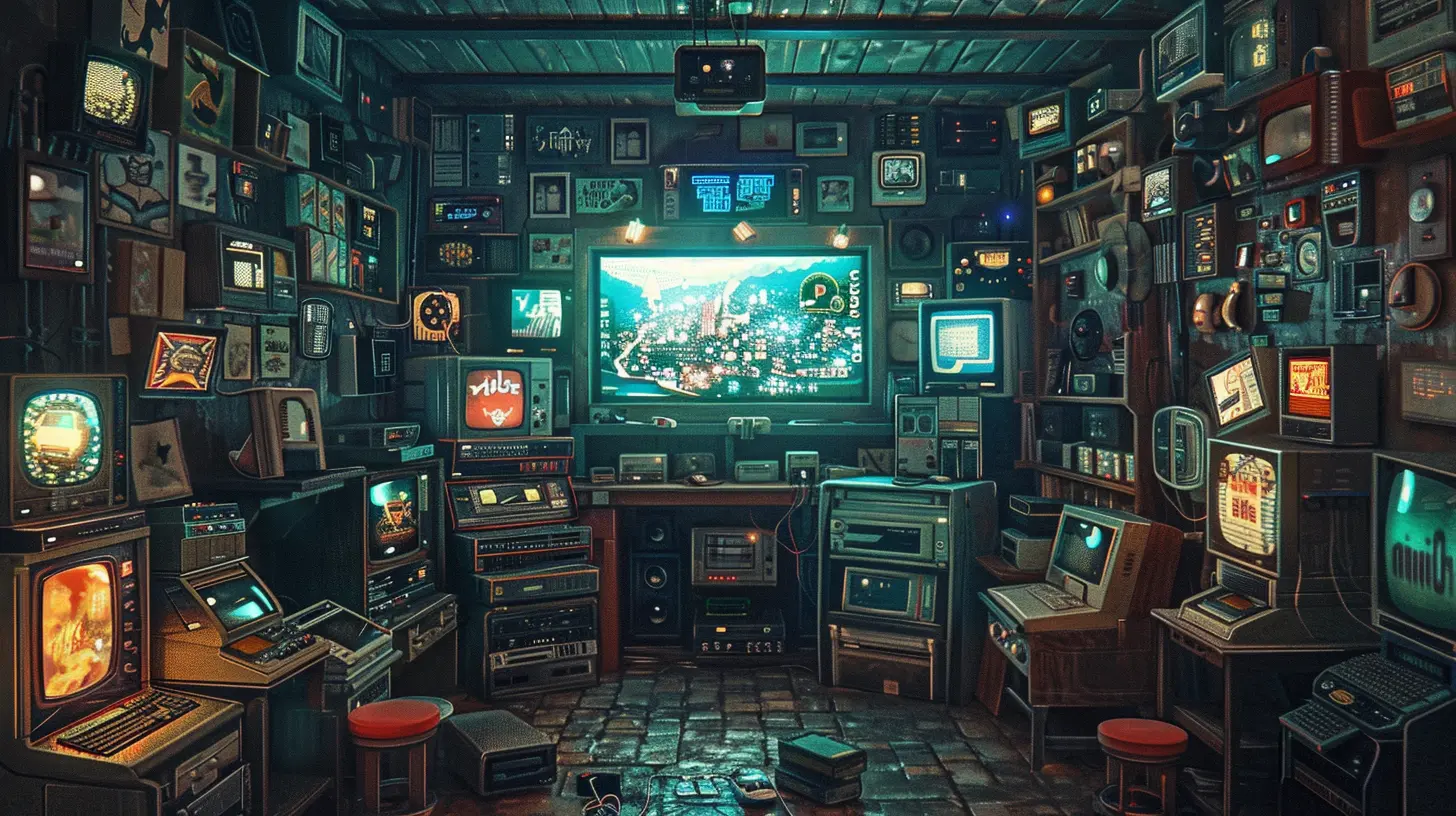
The Unique Language of the Forums
Oh, the lingo.If you’ve ever been called a “noob,” “fanboy,” or “thread necromancer,” congratulations—you’ve lived the message board experience. These communities had their own dialects that could immediately separate the seasoned posters from the clueless newcomers.
Here are some terms that were common currency:
- OP – Original Poster (the person who started the thread)
- TL;DR – Too Long; Didn’t Read (a snappy summary or insult, depending on the context)
- Flame War – A hostile argument, often about Sega vs Nintendo
- Sticky Threads – Threads pinned to the top because of importance
- Mod/Admin – The ruling class of the forum — both revered and feared
- Emoticons – You think emojis are a big deal? Try expressing your soul with “:P” or “XD”
It was a wild mix of internet dialect, gamer slang, and deeply specific in-jokes that you had to “earn” to understand.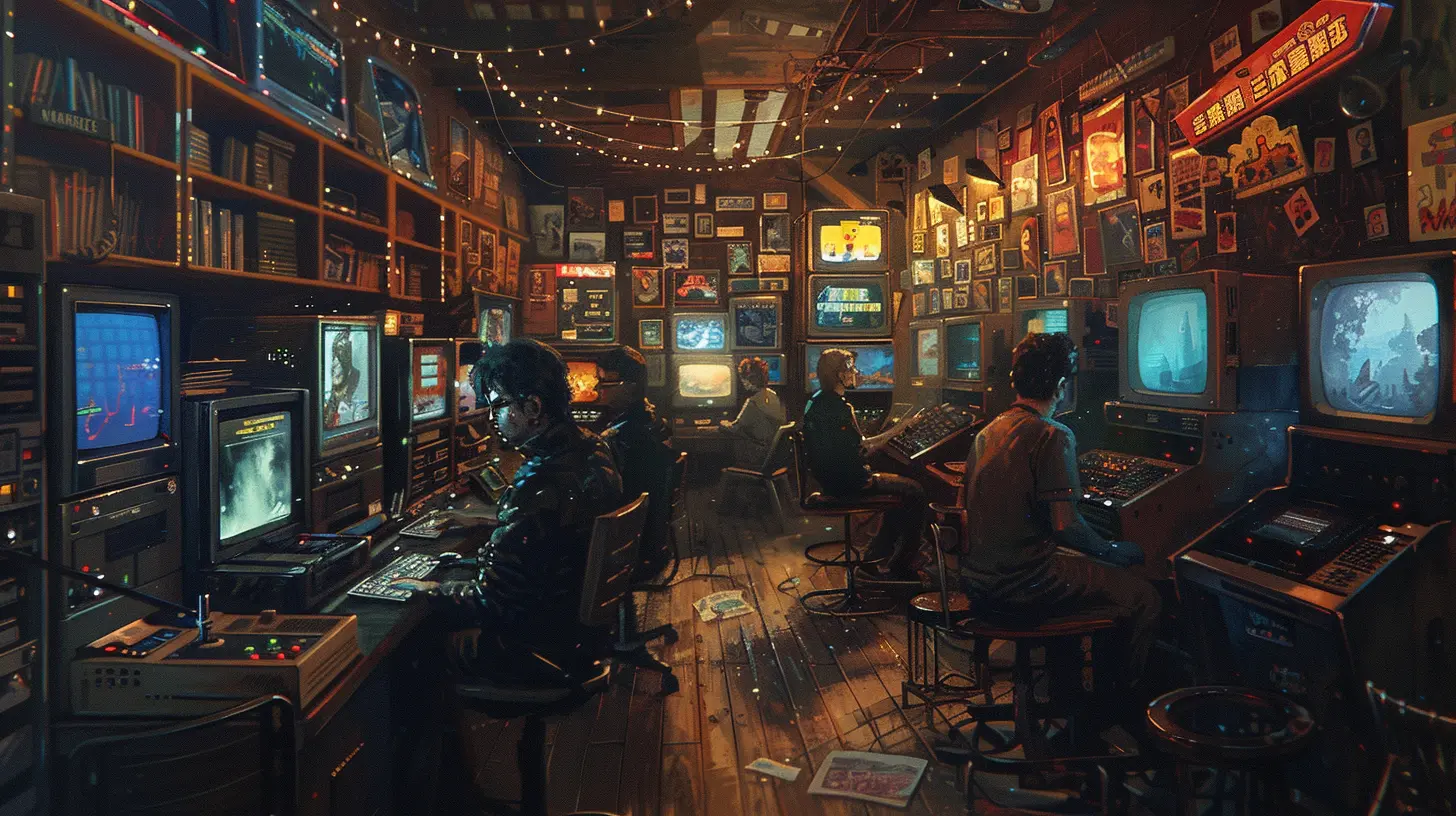
Tribalism and Console Wars
Let’s be honest: the Sega vs Nintendo flame wars were legendary.You could start a thread titled “SNES has the better RPGs, change my mind,” and come back to a 10-page battle royale of gifs, fanboy rants, and “your mom” jokes. It wasn’t just about specs or game libraries. It was personal. People took their console loyalties seriously.
Some threads would spiral for weeks—thousands of replies deep—just dissecting whether Chrono Trigger or Final Fantasy VI reigned supreme. It was the Roman Colosseum for keyboard warriors.
Why These Forums Meant So Much
So what made these boards more than just online chat rooms?It was the community. You weren’t just a username—you were part of a tribe. Regulars got to know each other over years. Inside jokes formed. Rivalries developed. People even got married after meeting on message boards. (No kidding.)
And let’s not forget the knowledge-sharing. These boards were treasure troves for obscure facts about games—beta versions, hidden levels, speedrun tactics. In many cases, the information shared was nowhere to be found in guides or magazines.
They were digital campfires where passionate gamers gathered to share legends, swap cheat codes, and argue over pixel shading.
Mods: The Gatekeepers of Forum Culture
If message boards were kingdoms, the moderators were the knights—or sometimes the tyrants.Mods had the power to delete posts, ban users, or lock threads. Most were volunteers, but wielded serious authority. Some were beloved protectors of civility. Others? Petty dictators who'd shut discussions down for the smallest off-topic comment.
But without mods, chaos reigned. Spam bots, trolls, and flame wars could ruin a board overnight. Mods kept the peace (mostly), and steered conversations back on track when things got heated.
Plus, when a mod posted, you listened. It was like Gandalf entering the chat.
Signature Culture and Profile Flair
Let’s talk customization.Every message board let you create a signature—text or images that showed up under every post you made. Users got creative. Some had rotating banners showing their favorite games. Others had quotes, “PC specs,” or even ASCII art. This was your badge, your shield, your personality in one rectangle.
Then there were avatars. Some boards had rules (like no NSFW or animated gifs), but others let you go wild. A guy with a Mega Man avatar might instantly be seen as trustworthy. Someone with a blurry, low-effort image? Suspicion levels: 10.
And don’t even get me started on post counts. If you had under 100 posts, you were a “newb.” Hit 1,000? You were a forum legend.
The Rise of Fan Projects and ROM Hacking
Forums weren’t just about talk—they were incubators for creativity.Many fan-made games, mods, and translation projects started on these very boards. Think of all the English translations of Japanese-only SNES games—most kicked off because a group of fans were tired of waiting for official versions.
From ROM hacks to sprite redesigns to entire homebrew titles, the classic gaming forum was where passion turned into production. People with no formal training teamed up based on nothing but mutual love for a game and the will to make something cool.
Without forums, we'd probably never have seen gems like the Mother 3 fan translation or the Chrono Trigger ROM hacks that turned the game into a whole new adventure.
Drama, Bans, and Thread Lockdowns
Ah yes, the darker side of message boards.Where there’s community, there’s conflict. Boards had their fair share of drama. Infamous users. Banning wars. Inside jokes that went too far. And let’s not forget the “locked thread”—a sure sign that things had gone off the rails.
Sometimes a user would post a controversial take (“The N64 is overrated”), and the thread would devolve into chaos. Posts would fly. Users would get warnings. In the end, a mod would swoop in with the dreaded lock message:
> “Thread closed due to excessive off-topic discussion and personal attacks.”
It was like watching a soap opera unfold—except it involved 8-bit graphics and people arguing about polygon counts.
The Slow Fade: What Happened to These Forums?
So… where did they go?By the mid-2010s, message boards started fading out. Social media changed the game. Reddit offered faster, more digestible content. Twitter allowed for instant takes. Discord brought real-time chatting. And younger audiences just didn’t have the patience for old-school posting.
Many classic boards shut down. Some migrated to modern platforms. Others became ghost towns, with only a few diehard users keeping the lights on.
But even though they’re not as popular, they’re not entirely gone. Some boards still chug along. And others live on in spirit—in the subreddits, in Discord servers, and in the hearts of those who were there during the wild west era of gaming fandom.
Why It Still Matters
You might ask: Why should anyone care about some old internet forums?Because those boards laid the groundwork for how we talk about games online today. The passion, the community, the arguments—they’re all still alive, just in different places now.
They taught gamers how to build communities from scratch. How to share info. How to disagree (sometimes badly). And how to celebrate games not just as entertainment, but as shared cultural milestones.
So, next time you post a spicy take on Reddit or join a heated Discord debate, give a little nod to the message boards that came before.
You’re standing on the digital shoulders of giants.
Closing Thoughts
Classic gaming message boards were more than just hangouts. They were cultural hubs. They were the internet’s answer to the arcade—full of noise, excitement, and a little bit of drama.Whether you were a lurker, a forum god, or someone who only checked in for cheat codes—those digital spaces shaped a generation of gamers. And their legacy still echoes in every online gaming debate happening today.
So let's raise a virtual toast to the forums that never quit—because even if the pages are archived, the memories are still loading.
all images in this post were generated using AI tools
Category:
Online ForumsAuthor:

Greyson McVeigh
Discussion
rate this article
1 comments
Zeno Mullen
This article offers a compelling glimpse into the vibrant world of classic gaming message boards, highlighting their role in fostering community and nostalgia while also acknowledging the challenges of online interaction in today’s digital age.
October 20, 2025 at 3:15 PM

Greyson McVeigh
Thank you! I'm glad you enjoyed the article and recognized the significance of these communities in preserving gaming nostalgia while navigating modern challenges.
